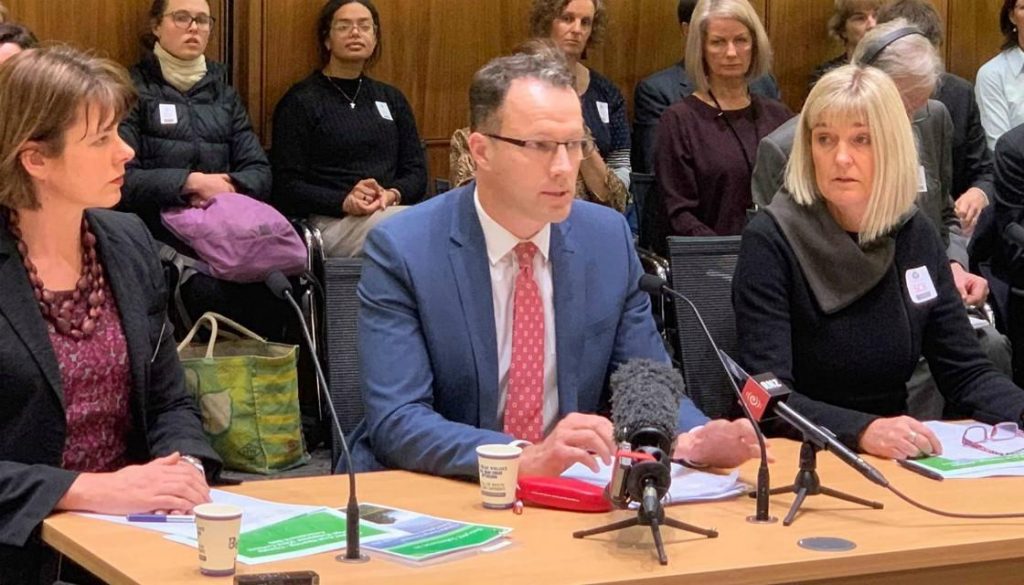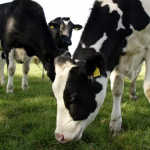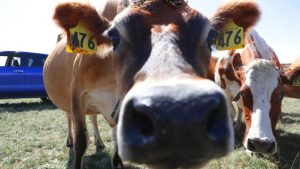
Dairy NZ chief executive Dr Tim Mackle appeared before the Environment Select Committee on Thursday where he urged MPs to reduce the 47 percent target.
He said while Dairy NZ supports the Bill’s purpose to develop a framework to reduce emissions, it doesn’t support the range of the 2050 gross methane target of 24-47 percent reduction below 2017 levels.
Dairy NZ is proposing the 2050 methane reduction target be set at up to 24 percent and regularly reviewed against robust criteria. Dr Mackle said it’s supported by Fonterra and its Shareholders’ Council, among others.
“Farmers want to do what is right. They are ready to go on this journey, but they need a fair target that they can buy into. A 47 percent methane reduction target is simply setting farmers up to fail, if the tools are not available.”
Dr Mackle said given the lack of consensus – and that New Zealand is “already a low emissions food-producing nation – we think the Government needs to review their approach with respect to the 47 percent target”.
Green MP Chlöe Swarbrick – a member of the select committee – asked Dr Mackle if there was a future in which he could see net zero emissions for New Zealand.
He said methane would play a part in that future, but said the 47 percent reduction target would be “going above and beyond what methane should need to contribute”.
When asked if Dairy NZ made fair points, Swarbrick told Newshub the perspective brought to the table “was that of Dairy New Zealand and we have a job to go out there and listen to New Zealanders all over the country”.
“We’ll be listening to the submitters and doing everything we can to make sure that we get the most sustainable piece of legislation that improves the wellbeing of New Zealanders that ensures we are creating a climate friendly future.”
While Dairy NZ called for the methane target to be lower, Forest & Bird chief executive told the select committee, it should be higher.
“What I want to feature from our submission is if we imagine that we are going to meet any of these targets without making land use change, we’re kidding ourselves,” he said.
“We heard from Dairy NZ that it would continue the way it has been with incremental tweaking, and this committee needs to reject that approach.”
Hague said New Zealand “cannot afford to go easy on methane”. He also slammed the Bill’s “weakness” around enforceability, urging the committee to make the targets “binding”.
Meanwhile, Horticulture NZ argued that the Zero Carbon Bill needs to be amended to include all the Paris Agreement, including safeguarding food production.
New Zealand signed up to the Paris Agreement in 2015, agreeing to keep global average temperatures below 2degC and pursuing efforts to limit it to 1.5degC.
“The full Agreement makes it quite clear that countries need to find ways to adapt to climate change “in a manner that does not threaten food production,” chief executive Mike Chapman said at select committee.
Details of the Climate Change Response (Zero Carbon) Amendment Bill, led by Greens co-leader James Shaw, were announced in May.
It includes a 10 percent reduction in biological methane emissions by 2030 with a provisional reduction ranging from 24 percent to 47 percent the aim by 2050.
Earlier this month the Government announced the farming industry would start being taxed on emissions by 2025.
























